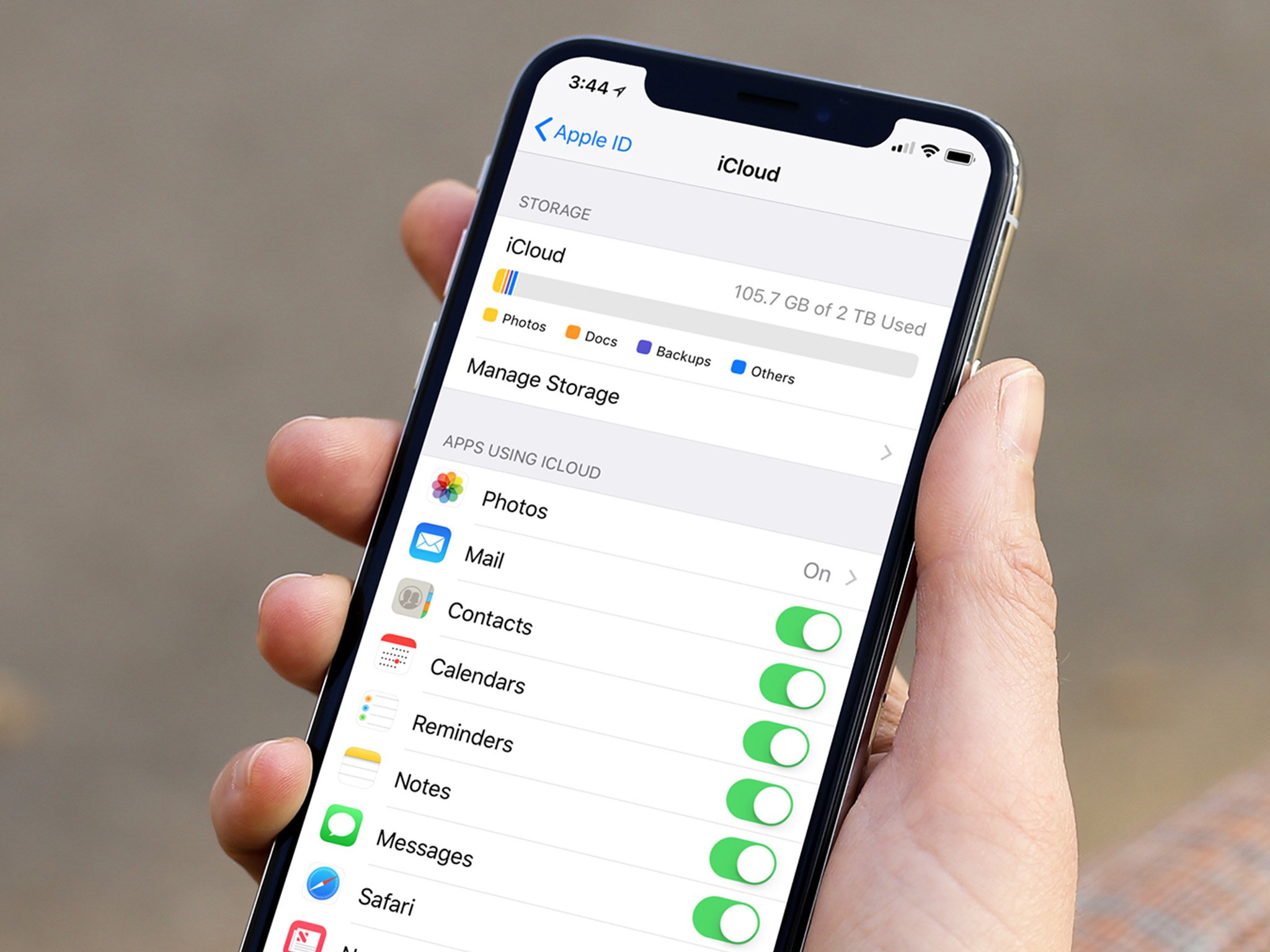"Nobody thinks Google has any respect for their privacy. Nobody uses Microsoft's consumer cloud drive product whose name I can't even remember."
What you need to know
- Epic Games CEO Tim Sweeney has praised Apple's iCloud privacy policy whilst discussing Apple's new child-safety measures.
- Sweeney warned that Apple had long made personal privacy part of its DNA, hence recent pushback against its new plans.
- Sweeney also warned that Apple was moving to search people's personal effects without suspicion, and feared it could try and create a backdoor not to the iPhone but "democracy and rule of law itself."
Epic Games CEO Tim Sweeney delivered a fairly hefty complement to Apple whilst discussing the company's new Child Safety measures on Friday, saying that there is no cloud provider with a better privacy policy than Apple.
Sweeney made the comments in response to a report Apple's own employees have expressed concerns internally over Apple's recently-announced new child protection measures, which includes checking photos uploaded to iCloud against a database of known Child Sexual Abuse Material.
Sweeney said that the reported pushback from within was "no surprise", stating "Apple has long made personal privacy part of its very DNA. Engineers chose to join Apple for less pay and a tougher work environment because they believe in product excellence and chose to serve on the front lines of privacy as a human right."
When pressed on his criticism of Apple when companies like Google and Microsoft already scan for CSAM content Sweeney delivered a brutal assessment of both:
Nobody thinks Google has any respect for their privacy. Nobody uses Microsoft's consumer cloud drive product whose name I can't even remember. But Apple has hundreds of millions of iCloud users and is liked
Nobody thinks Google has any respect for their privacy. Nobody uses Microsoft’s consumer cloud drive product whose name I can’t even remember. But Apple is has hundreds of millions of iCloud users and is like pic.twitter.com/d2dU3RBEJJ
— Tim Sweeney (@TimSweeneyEpic) August 13, 2021
Sweeney clarified his comments on OneDrive stating "I should have added the words "on purpose". As with iCloud, I probably count as a OneDrive user (or perhaps several users!), though I've never intentionally used it and have made numerous attempts to turn it off."
Sweeney was then asked to recommend "a cloud provider whose privacy policy is better than Apple's", simply replying "there's not".
There's not.
— Tim Sweeney (@TimSweeneyEpic) August 13, 2021
"If we lose freedom here, there is no place to escape to. This is the last stand on earth."
Sent from my iPhone. https://t.co/rGyQ5uzE5D
Sweeney did however go on to warn that Apple's "backdooring iOS to examine personal iCloud data is a suspicionless search of personal effects", stating that the US constitution "protects against arbitrary government search of one's home and personal effects", personal effects including data stored privately. He said that governments wanted to search this but many, including the U.S. government, were "constitutionally prohibited from it"
Governments want this search capability but many, including America, are constitutionally prohibited from it. Perhaps Apple thinks that if they give governments this massive surveillance gift at this critical time, regulators will look the other way on their antitrust abuses.
— Tim Sweeney (@TimSweeneyEpic) August 13, 2021
Sweeney went on to note Apple's reported dealings in China:
Apple already made such a deal in China, selling out the privacy of iCloud users there by putting iCloud servers in a data center operated by a government owned enterprise. Now Americans are told "trust us" because, though we just sold you out now, we won't do it again.
He concluded with a stark warning that stated "My fear is that what Apple is ultimately trying to backdoor here is not our iPhones but democracy and rule of law itself."
Noting pushback from some privacy advocates and security experts, Sweeney even suggested a way in which Apple could solve its "dilemma":
The first step to a solution to Apple's dilemma is to recognize two very different contexts: one's personal effects, and information one publishes. Both law and common sense have always recognized this difference. https://t.co/Ukib1GSHhE
— Tim Sweeney (@TimSweeneyEpic) August 13, 2021
Sweeney had warned previously of the dangers of state surveillance in the wake of Apple's announcement last week. Apple has spent the week trying to clarify its move, releasing a new document further detailing the security of its CSAM detection plans, Apple's software chief Craig Federighi even gave an interview admitting the new measures have been "widely misunderstood", and that Apple wished they had come out "a little more clearly."

0 Commentaires